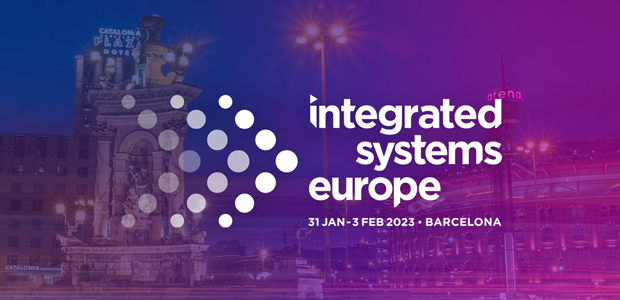
The Future of Esports: ISE Barcelona
I’ve never been captain current affairs when it comes to the sports world, but I do come from a city where news about The Lakers losing garners more media coverage than global warming.
So during my week at ISE Barcelona – a city where sports fanaticism massively dwarfs the enthusiasm felt by my fellow Los Angelenos, or any other American city representing their respective sports team, for that matter – it felt crucial to attend the Keynote speech by BK Johansson, head of of Esports at Epic Games, and hear him talk about the future of this lucrative business.
Esports - what does it all mean?
Esports, short for electronic sports, is a form of competition using video games, and its popularity has been soaring. Johannessen began with some of the basics around Esports, saying that its exponential growth comes from a combination of technological advancements as well as consumer preferences. Thanks to high speed internet, it is now possible for people to not only watch, but also participate in Esports tournaments from anywhere in the world. This reminds me of that scene in The Social Network when, at the conclusion of a rowing tournament, an older Englishman tells the Harvard athletes that his daughter just viewed the entire race “via their computers. A new website called Facebook. Do you have this in America?” Ah, how far we’ve come (fast forward to 3:00).
Johannessen added that some of the key challenges Esports face are the need to create a more diverse and inclusive environment for players and fans alike, highlighting the importance of championing diversity in the industry, and calling for a more welcoming playing field for all. Maybe it’s just me, but this sounds like an indirect call to action against those brutal Xbox Live servers from back in the day, when losing one game meant you were the laughing stock of hundreds of kids from around the world – perhaps this is moving in the right direction.
Yet despite the growing interest and money in Esports, it appears that they are far from the cemented golden goose of the future. Johannessen states that it’s very important for the industry to continue to innovate and evolve in order to meet the vast interests and preferences of its audiences. Game developers must continue to keep fans engaged by constantly staying up to date, and to conflate other emerging technologies with their own, such as virtual and augmented reality, to amplify the gaming experience.
What awaits tomorrow?
Considering the tie in between virtual/augmented reality and esports, Johannessen briefly touched upon the future development of dedicated VR/AR esports venues. These are technological arenas where players can take their gaming to a whole new level.
Cross-Platform Gaming is another thing blossoming on the horizon, which will give players the ability to play with, and compete against each other on different devices, i.e., player A is on an Xbox, player B is on a PlayStation, allowing for an ever greater reach of inclusivity amongst players and potential competitors.
What We Learned
Throughout his speech, Johannessen vehemently stressed the importance of inclusivity, and how Esports can provide an outlet for those who may not have the physical ability to participate in sports, yet still want to prove, demonstrate, and challenge themselves against competitors from all around the world. As the world of Esports continues its rapid ascent up the industry ladder, then perhaps the Champion's League won’t be the only sporting event Barcelona cheers for in the future.

